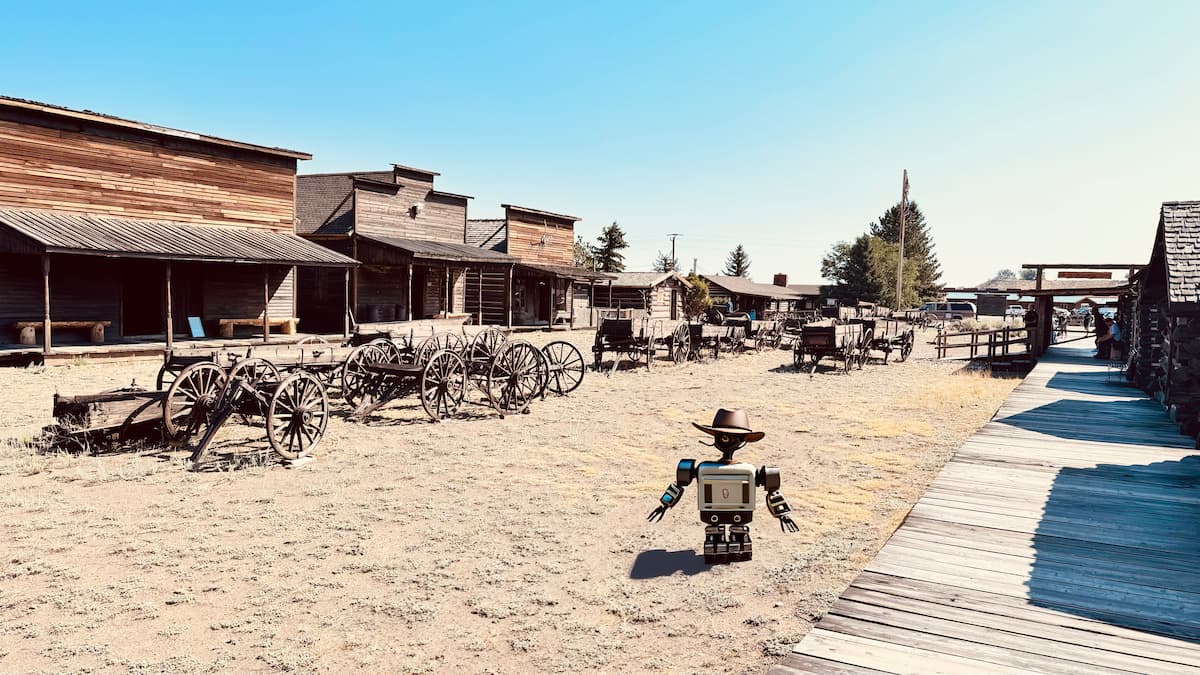The Machine Economy¶

The traditional economy, as we know it, is predicated on the exchange of goods and services using fiat currency, which is underpinned by governmental and institutional trust. This system has enabled trade, commerce, and economic growth for centuries. However, as technology progresses, the rise of a machine-driven economy is reshaping our understanding of value and exchange. In a world where machines independently negotiate, transact, and refine operations, traditional economic principles may become obsolete.
As we transition from a human-driven economy to one led by machines, the definition of value will evolve from a fiat currency-based system to a multifaceted, resource-oriented framework that reflects the operational priorities of autonomous systems. This shift will require a reimagining of economic principles, where value is dynamically determined by the context-specific needs of machines rather than by human-centric metrics. This essay explores the implications of this transformation, arguing that the machine economy will necessitate new forms of value measurement and exchange, fundamentally altering the economic landscape.
Delving into the evolving definitions of value in the machine economy, we will examine how autonomous systems might redefine value based on resource availability, operational efficiency, and contextual needs. We will explore the potential for a new value system, how it could be measured, and what this means for the future of economics. Ultimately, this analysis will argue that the machine economy represents a fundamental shift in economic principles, requiring a rethinking of value in a world driven by machines.